brand
Stanbic IBTC Bank Nigeria PMI®
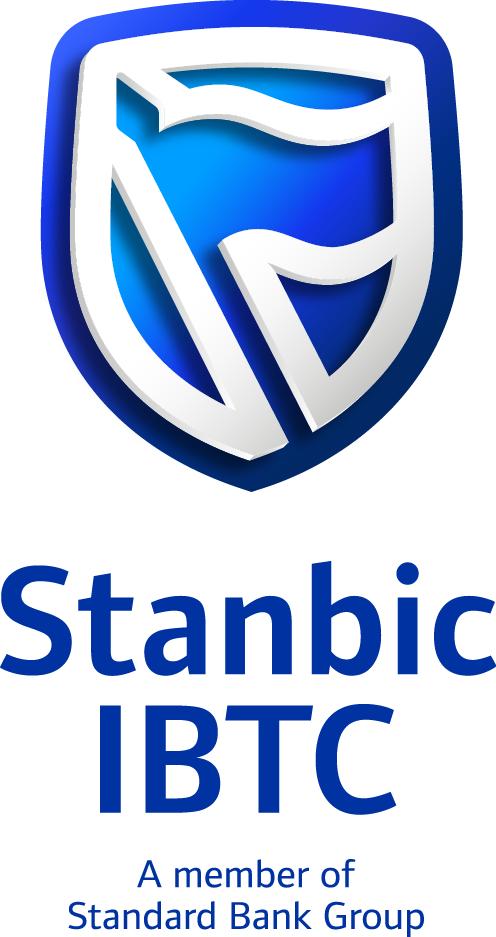
 …Private sector activity growth slows in March, but remains solid.
…Private sector activity growth slows in March, but remains solid.
Business conditions in Nigeria’s private sector continued to improve solidly at the end of the quarter, but the rate of growth slowed from February. Softer uplifts in output, new orders, stocks of purchases and employment were drivers of the latest moderation. Nonetheless, growth remained elevated by historical standards and firms continued stockpiling efforts in anticipation of greater demand over the coming months. Meanwhile, sharp cost pressures persisted, with cash shortages and price hikes again apparent. In turn, selling prices rose at one of the quickest rates in the surveys near eight-and-a-half-year history. The headline figure derived from the survey is the Purchasing Managers’ Index™ (PMI®). Readings above 50.0 signal an improvement in business conditions on the previous month, while readings below 50.0 show a deterioration. At 54.1 in March, down from 57.3 in February, the latest expansion pointed to a softer, yet solid, improvement in business conditions. Growth has now been seen in each of the last 21 months. While demand conditions were favourable in March, firms reported softer inflows of new orders. Cash shortages and surging prices were commonly associated with the moderation. That said, the rate of expansion was still sharp. Mirroring the trend for new orders, output levels at Nigerian private sector firms expanded sharply. All four of the monitored sub-sectors recorded marked upticks. Manufacturers led the expansion, followed closely by services. Agriculture and wholesale & retail followed, respectively. Sustained increases in output and demand led firms to raise headcounts for the fourteenth month in succession. The rate of growth was modest and broadly in line with the long-run series average. Subsequently, backlogs fell sharply. Greater competition amongst vendors led to another shortening of lead times during March. Meanwhile, firms continued advance ordering strategies amid efforts to protect against input shortages as well as mitigate against paying higher prices. The rate of stockpiling was sharp, but softer than those seen in the previous six months. As for prices, rising wage, fuel and raw material costs continued to exert upward pressures on overall input price inflation. In fact, the rate of increase was sharp and the fourth-strongest in the series history. Firms opted to pass on higher cost burdens by raising their selling charges at a quicker pace. Finally, despite concerns over inflationary pressures, firms remained upbeat about their prospects for output growth over the coming year, with sentiment improving from February.
brand
GTCO Plc Becomes the 1st Financial Services Institution in West Africa to Achieve Listing and Trading of its Ordinary Shares on the London Stock Exchange
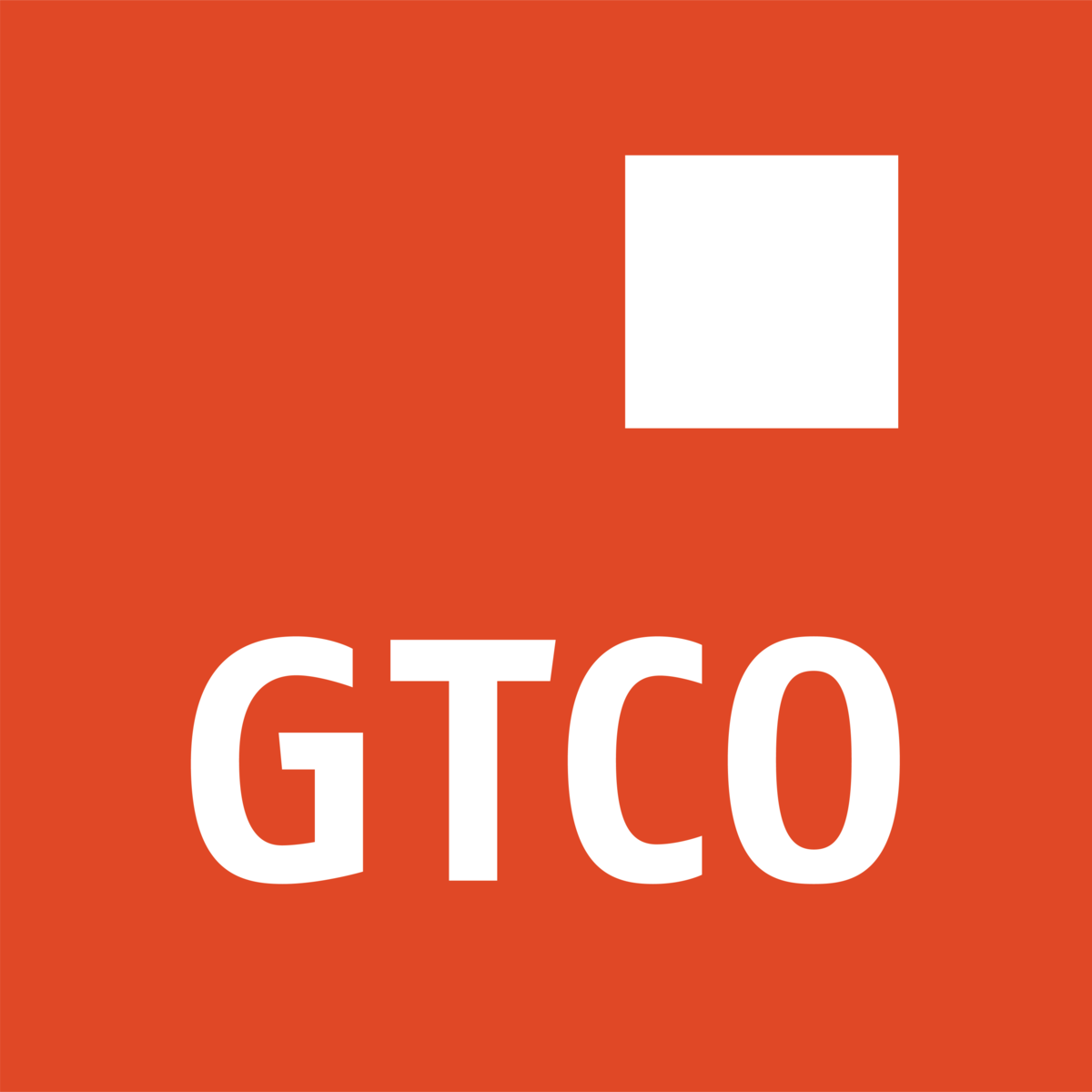
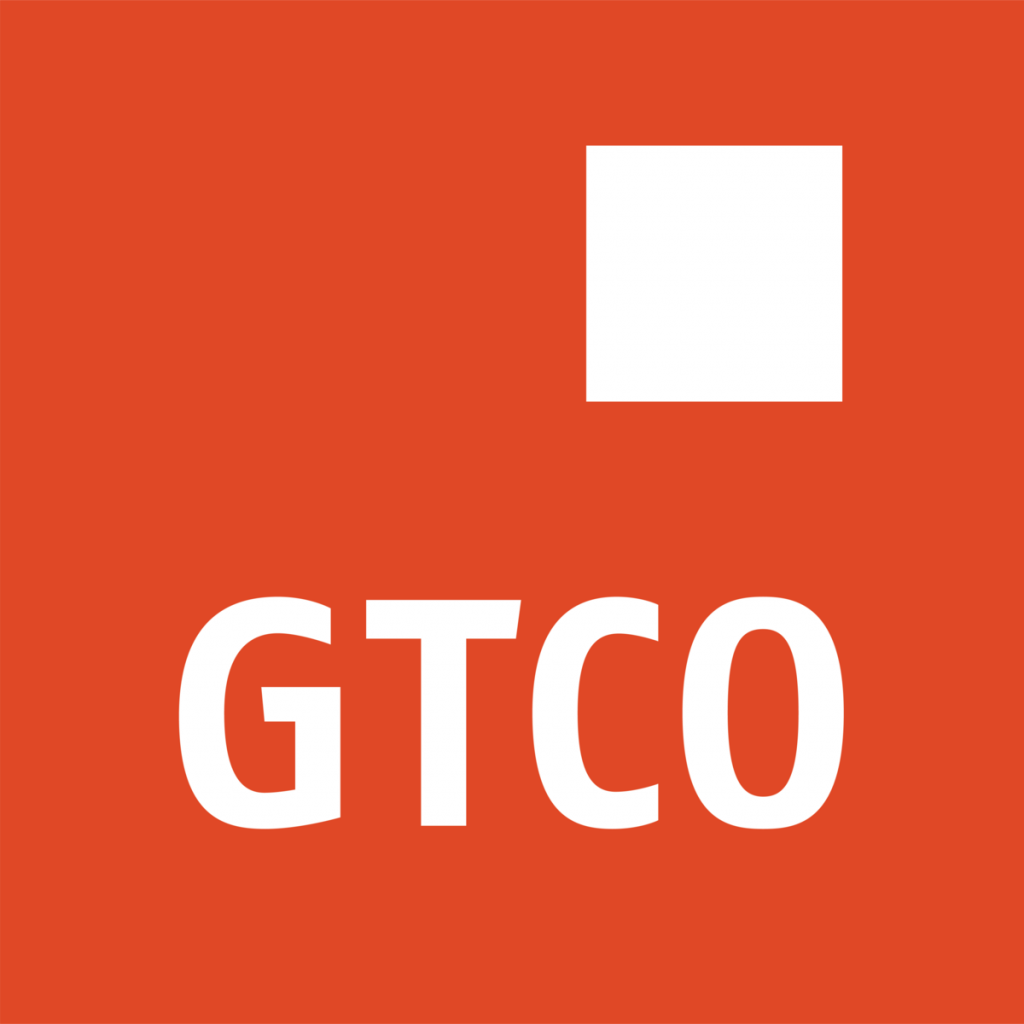 Guaranty Trust Holding Company Plc (GTCO Plc), Africa’s leading and most profitable Financial Services Group, has recorded a significant milestone in its growth and expansion journey with the successful admission of its Ordinary Shares to the Equity Shares (International Commercial Companies Secondary Listing) category of the Official List of the Financial Conduct Authority (FCA) and to trading on the main market for listed securities of the London Stock Exchange.
Guaranty Trust Holding Company Plc (GTCO Plc), Africa’s leading and most profitable Financial Services Group, has recorded a significant milestone in its growth and expansion journey with the successful admission of its Ordinary Shares to the Equity Shares (International Commercial Companies Secondary Listing) category of the Official List of the Financial Conduct Authority (FCA) and to trading on the main market for listed securities of the London Stock Exchange.
This historic achievement makes GTCO Plc, the 1stFinancial Services Institution in West Africa to dual list its Ordinary Shares on both the Nigerian and London stock exchanges, and subject to certain criteria, it is expected that the Shares will be transferrable between the two exchanges.
The admission follows the successful pricing of its fully marketed offering (The Offering) on the London Stock Exchange to raise gross proceeds of $105million in exchange for 2.29 billion of new ordinary shares in the company, which was supported by a strong book of high-quality, long-term institutional investors.
Concurrent with the Offering, the Company also gave notice of its intention to cancel the listing of its existing GDRs on the certificates representing certain securities (depositary receipts) category of the Official List of the United Kingdom Financial Conduct Authority (“FCA”) and the admission to trading of GDRs on the London Stock Exchange’s main market for listed securities.
Building on the momentum of the successful first tranche of its equity capital raise programme in July 2024, which secured ₦209 billion, GTCO will deploy the proceeds from the Offering to strengthen its capital base, meet its recapitalization target, and fund strategic expansion across high-growth markets and priority sectors within and outside Nigeria.
It is expected that Admission and unconditional dealing in the Shares will become effective on or before 8.00 a.m. (UK time) on 9 July 2025 under the ticker “GTHC”. Following the cancellation of the GDRs listing, the Company intends to change the ticker symbol for the Shares from “GTHC” to “GTCO” and will issue a separate announcement in due course to that effect.
Commenting on the LSE Listing, the Group Chief Executive Officer of Guaranty Trust Holding Company Plc, Mr. Segun Agbaje, said: “Today marks a major milestone—not just for GTCO, but for the future we see for African financial institutions on the global stage. We are incredibly proud to be the 1stFinancial Services Institution in West Africa to list our ordinary shares on London Stock Exchange’s main market for listed securities, and even more honored by the trust placed in us by the investing community. For us, this was not just about raising capital. It was about validating the strength of our franchise, the clarity of our strategy, and the discipline with which we execute.”
He further said; “I would like to thank everyone who made this possible—our advisors and legal teams, our longstanding shareholders, the regulators both in Nigeria and in the UK, as well as the Nigerian government for creating an environment that supports our bold ambition and vision to be Africa’s leading financial services institution.”
GTCO’s fully marketed offering attracted long-term institutional capital, reflecting investor confidence in the Group’s fundamentals, governance, and strategic outlook. It also signals improving market sentiment, buoyed by ongoing economic reforms by the Federal Government and a return to traditional orthodox monetary policy by the Central Bank of Nigeria, which have gone a long way to stabilising the macroeconomic environment and gradually restoring investor confidence in Nigeria’s long-term prospects.
brand
ZENITH BANK RETAINS TOP SPOT AS NUMBER ONE BANK IN NIGERIA BY TIER-1 CAPITAL FOR THE SIXTEENTH CONSECUTIVE YEAR IN THE 2025 TOP 1000 WORLD BANKS’ RANKING
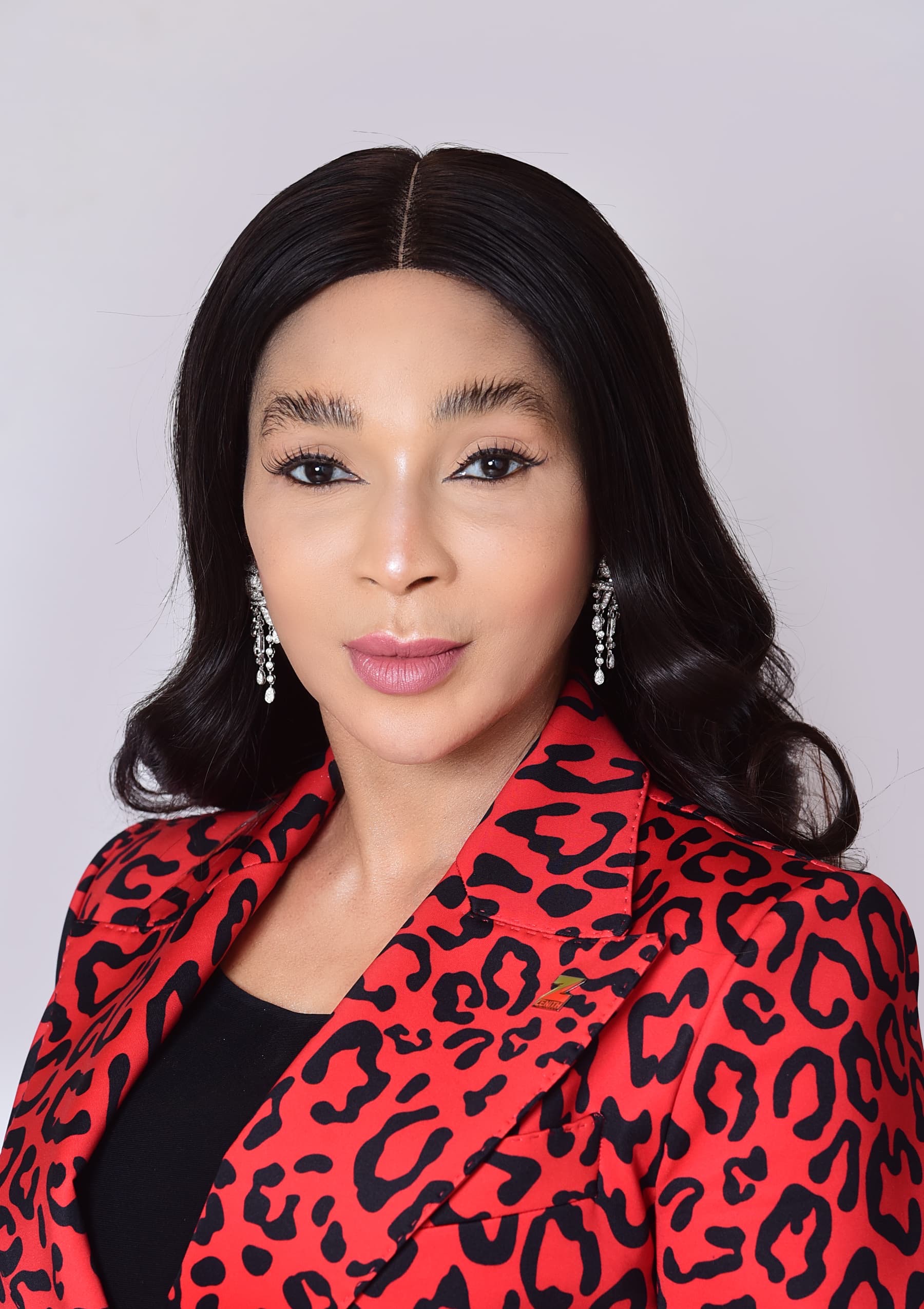
-
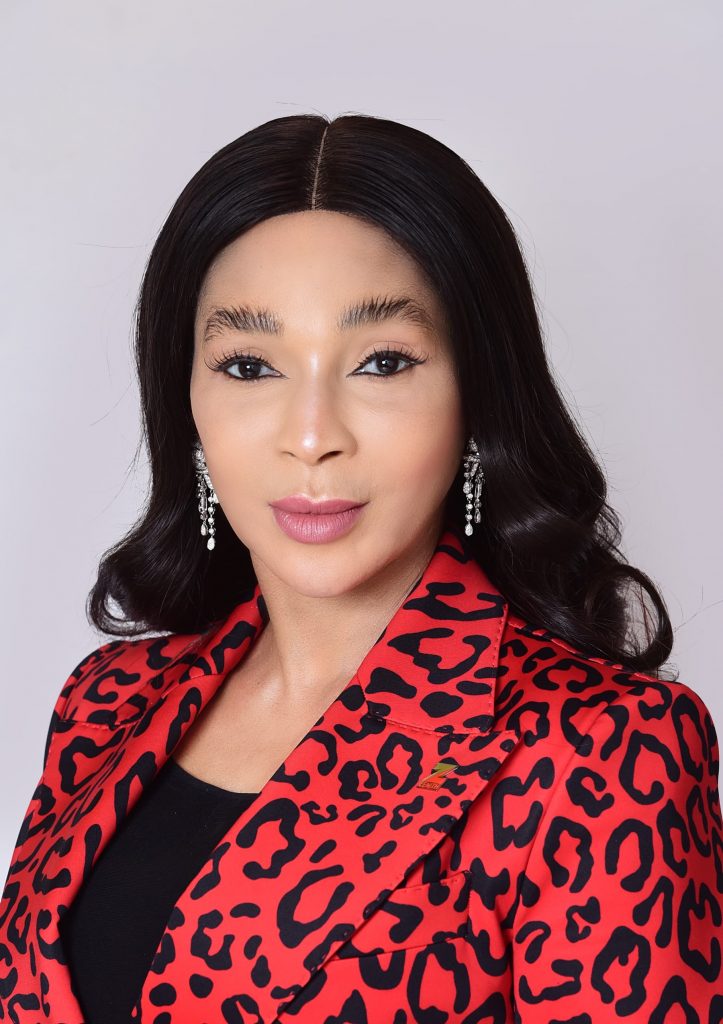 Zenith Bank Plc has retained its position as the Number One Bank in Nigeria by Tier-1 Capital forthe sixteenth consecutive year, in the 2025 Top 1000 World Banks’ Rankings, published by TheBanker,FinancialTimesGroup,UnitedKingdom.ThisrankingplacesZenithBankPlcasthe581st Bank globally, with a Tier-1 Capital of $2 billion.The global rankings, published inthe July 2025 edition of TheBanker, was based on the 2024year-end Tier-1capital ofbanks. Thisis theprimary basisformost internationalorganizations’assessments of banks.Commenting on this achievement, the Group Managing Director/CEO of Zenith Bank Plc, Dame(Dr.) Adaora Umeoji, OON, said, “We are thrilled to have retained our position yet again as theNumber One Bank in Nigeria by Tier-1 capital for the 16th consecutive year. This achievement isa reflection of the bank’s robust financial performance, prudent risk management and steadfastdedication to delivering exceptional value to our customers and stakeholders”. She thanked theFounder and Chairman, Jim Ovia, CFR, for his visionary and transformative leadership which hasplayedapivotalroleincultivatingaresilientandthrivinginstitution.Shealsoexpressedherdeepest appreciation to the bank’s esteemed customers for their continued loyalty to the Zenithbrand, the Board for the sound corporate governance, and the staff for their relentless & tirelessefforts in ensuring the bank’s success.Tier-1 Capital describes capital adequacy, the core measure of a bank’s financial strength from aregulator’sperspective.Accordingtotheranking,Tier-1Capital,asdefinedbytheBankforInternational Settlements(BIS) guidelines,includes loss-absorbingcapital, i.e.,common stock,disclosed reserves, retained earnings, and minority interests in the equity of subsidiaries that areless than whollyowned. A strongTier-1 capital ratio boostsinvestor and depositorconfidence,indicating the Bank is well-capitalised and financially stable.Accordingtotheaudited financialresultsforthe2024financialyearpresented totheNigerianExchange (NGX), the Bank recorded a double-digit growth of 86% in gross earnings, increasingfrom N2.13 trillion in 2023 to N3.97 trillion in 2024. This growth was driven by a 138% increase ininterest income, supported by investment in high-yield government securities, and growth in theBank’s loan book. Zenith Bank’s profit before tax (PBT) rose by 67%, reaching N1.3 trillion in 2024from N796 billion in 2023. This performance saw the bank record an unprecedented total dividendpayout of N195.67 billion at N5.00 per ordinary share in the 2024 financial year.Zenith Bank’s track record of excellent performance has continued to earn the brand numerousawards including being recognised as the Bank of the Year (Nigeria) in The Banker’s Bank of theYear Awards for 2020, 2022 and 2024; Best Bank in Nigeria from 2020 to 2022, 2024 and 2025,in the Global Finance World’s Best Banks Awards; Best Bank for Digital Solutions in Nigeria in the
Zenith Bank Plc has retained its position as the Number One Bank in Nigeria by Tier-1 Capital forthe sixteenth consecutive year, in the 2025 Top 1000 World Banks’ Rankings, published by TheBanker,FinancialTimesGroup,UnitedKingdom.ThisrankingplacesZenithBankPlcasthe581st Bank globally, with a Tier-1 Capital of $2 billion.The global rankings, published inthe July 2025 edition of TheBanker, was based on the 2024year-end Tier-1capital ofbanks. Thisis theprimary basisformost internationalorganizations’assessments of banks.Commenting on this achievement, the Group Managing Director/CEO of Zenith Bank Plc, Dame(Dr.) Adaora Umeoji, OON, said, “We are thrilled to have retained our position yet again as theNumber One Bank in Nigeria by Tier-1 capital for the 16th consecutive year. This achievement isa reflection of the bank’s robust financial performance, prudent risk management and steadfastdedication to delivering exceptional value to our customers and stakeholders”. She thanked theFounder and Chairman, Jim Ovia, CFR, for his visionary and transformative leadership which hasplayedapivotalroleincultivatingaresilientandthrivinginstitution.Shealsoexpressedherdeepest appreciation to the bank’s esteemed customers for their continued loyalty to the Zenithbrand, the Board for the sound corporate governance, and the staff for their relentless & tirelessefforts in ensuring the bank’s success.Tier-1 Capital describes capital adequacy, the core measure of a bank’s financial strength from aregulator’sperspective.Accordingtotheranking,Tier-1Capital,asdefinedbytheBankforInternational Settlements(BIS) guidelines,includes loss-absorbingcapital, i.e.,common stock,disclosed reserves, retained earnings, and minority interests in the equity of subsidiaries that areless than whollyowned. A strongTier-1 capital ratio boostsinvestor and depositorconfidence,indicating the Bank is well-capitalised and financially stable.Accordingtotheaudited financialresultsforthe2024financialyearpresented totheNigerianExchange (NGX), the Bank recorded a double-digit growth of 86% in gross earnings, increasingfrom N2.13 trillion in 2023 to N3.97 trillion in 2024. This growth was driven by a 138% increase ininterest income, supported by investment in high-yield government securities, and growth in theBank’s loan book. Zenith Bank’s profit before tax (PBT) rose by 67%, reaching N1.3 trillion in 2024from N796 billion in 2023. This performance saw the bank record an unprecedented total dividendpayout of N195.67 billion at N5.00 per ordinary share in the 2024 financial year.Zenith Bank’s track record of excellent performance has continued to earn the brand numerousawards including being recognised as the Bank of the Year (Nigeria) in The Banker’s Bank of theYear Awards for 2020, 2022 and 2024; Best Bank in Nigeria from 2020 to 2022, 2024 and 2025,in the Global Finance World’s Best Banks Awards; Best Bank for Digital Solutions in Nigeria in the -
Euromoney Awards 2023; and being listed in the World Finance Top 100 Global Companies in2023.Further recognitions include Best Commercial Bank, Nigeria for four consecutive years from 2021to2024intheWorldFinanceBankingAwardsandMostSustainableBank,NigeriaintheInternationalBanker2023and2024BankingAwards.Additionally,ZenithBankwasacknowledged as the Best Corporate Governance Bank, Nigeria, in the World Finance CorporateGovernance Awards from 2022 to 2024 and ‘Best in Corporate Governance’ Financial Services’Africa for four consecutive years from 2020 to 2023 by the Ethical Boardroom.The Bank’s commitment to excellence saw it being named the Most Valuable Banking Brand inNigeria in the Banker Magazine Top 500 Banking Brands for 2020 and 2021, Bank of the Year2023 and 2024 at the BusinessDayBanks and Other Financial Institutions (BAFI) Awards, andRetail Bank of the Year for three consecutive years from 2020 to 2022 and in 2024 at the BAFIAwards.TheBankalsoreceivedtheaccoladesofBestCommercialBank,NigeriaandBestInnovation in Retail Banking, Nigeria, in the International Banker 2022 Banking Awards.ZenithBankwasalsonamedMostResponsibleOrganisationinAfrica,BestCompanyinTransparency and Reporting and Best Company in Gender Equality and Women Empowermentat the SERAS CSR Awards Africa 2024; Bank of the Year 2024 by ThisDay Newspaper; Bank oftheYear2024byNewTelegraphNewspaper;andBestinMSMETradeFinance,2023byNairametrics. The Bank’s Hybrid Offer was also adjudged ‘Rights Issue/ Public Offer of the Year’at the Nairametrics Capital Market Choice Awards 2025
brand
Body of Bank CEOs Delivers Critical Relief to Flood Victims in Niger State, Pledges Continued Support

 Pix 1 L-R: Registrar & Chief Executive of the Chartered Institute of Bankers of Nigeria (CIBN) Akin Morakinyo; Managing Director and Chief Executive Officer of Keystone Bank Limited, Mr. Hassan Imam; Group Managing Director/Chief Executive, Zenith Bank, Dame (Dr.) Adaora Umeoji; The Executive Governor of Niger State, His Excellency, Governor Mohammed Umaru Bago; Chairman, Body of Bank CEOs and Group Managing Director/CEO, United Bank for Africa (UBA) Plc, Oliver Alawuba; Managing Director Taj Bank Mr. Hamid Joda; and Secretary to the Government of Niger State (SSG), Alhaji Abubakar Usman during the donation of relief materials from the Body of Bank CEOs in Nigeria, aimed at supporting victims of the recent devastating floods in Mokwa Local Government Area held at the Niger State House in Abuja at the weekend.
Pix 1 L-R: Registrar & Chief Executive of the Chartered Institute of Bankers of Nigeria (CIBN) Akin Morakinyo; Managing Director and Chief Executive Officer of Keystone Bank Limited, Mr. Hassan Imam; Group Managing Director/Chief Executive, Zenith Bank, Dame (Dr.) Adaora Umeoji; The Executive Governor of Niger State, His Excellency, Governor Mohammed Umaru Bago; Chairman, Body of Bank CEOs and Group Managing Director/CEO, United Bank for Africa (UBA) Plc, Oliver Alawuba; Managing Director Taj Bank Mr. Hamid Joda; and Secretary to the Government of Niger State (SSG), Alhaji Abubakar Usman during the donation of relief materials from the Body of Bank CEOs in Nigeria, aimed at supporting victims of the recent devastating floods in Mokwa Local Government Area held at the Niger State House in Abuja at the weekend.
 The Executive Governor of Niger State, His Excellency, Governor Mohammed Umaru Bago; Chairman, Body of Bank CEOs and Group Managing Director/CEO, United Bank for Africa (UBA) Plc, Oliver Alawuba during the donation of relief materials from the Body of Bank CEOs in Nigeria, aimed at supporting victims of the recent devastating floods in Mokwa Local Government Area held at the Niger State House in Abuja at the weekend
The Executive Governor of Niger State, His Excellency, Governor Mohammed Umaru Bago; Chairman, Body of Bank CEOs and Group Managing Director/CEO, United Bank for Africa (UBA) Plc, Oliver Alawuba during the donation of relief materials from the Body of Bank CEOs in Nigeria, aimed at supporting victims of the recent devastating floods in Mokwa Local Government Area held at the Niger State House in Abuja at the weekend
Pix 3: L-R: Managing Director and Chief Executive Officer of Keystone Bank Limited, Mr. Hassan Imam; Group Managing Director/Chief Executive, Zenith Bank, Dame (Dr.) Adaora Umeoji; The Executive Governor of Niger State, His Excellency, Governor Mohammed Umaru Bago; Chairman, Body of Bank CEOs and Group Managing Director/CEO, United Bank for Africa (UBA) Plc, Oliver Alawuba; and Managing Director Taj Bank Mr. Hamid Joda, during the donation of relief materials from the Body of Bank CEOs in Nigeria, aimed at supporting victims of the recent devastating floods in Mokwa Local Government Area held at the Niger State House in Abuja at the weekend.
In a heartwarming display of corporate social responsibility and solidarity, a consortium of Nigerian Bank CEOs, has pledged significant support to alleviate the suffering of flood victims in Niger State
The Executive Governor of Niger State, His Excellency, Governor Mohammed Umaru Bago on Saturday in Abuja received relief materials from the Body of Bank CEOs led by its Chairman, Mr Oliver Alawuba.
The gesture is aimed at supporting victims of the recent devastating floods in Mokwa Local Government Area of the state.
Oliver Alawuba who is also the Group Managing Director/CEO of United Bank for Africa(UBA), led the delegation to the Niger State Government house Abuja, where they presented essential relief items, including bags of rice, beverages, vegetable oil, and mattresses, valued at millions of naira.
The devastating floods, which have affected thousands of families in the region, have prompted the banking community to come together in a show of empathy and support to those displaced and affected by the disaster.
In his address, Alawuba expressed the banking industry’s deep sympathy for the affected communities and reaffirmed their dedication to sustainable support while pointing out that the gesture underscores the banking sector’s commitment to corporate social responsibility and humanitarian intervention especially in times of crisis.
He said, “Today, we stand with the people of Niger State in their time of need. We want you to know that we feel your pain and we give you our firm resolve to assist in rebuilding lives. This donation is just the beginning; we pledge continued collaboration with the Niger State Government to ensure long-term recovery and resilience.”
Other top CEOs and executives at the presentation included by the Group Managing Director/Chief Executive of Zenith Bank, Dame (Dr.) Adaora Umeoji, the Registrar and Chief Executive of the Chartered Institute of Bankers of Nigeria (CIBN), Mr. Akin Morakinyo, Managing Director and Chief Executive Officer of Keystone Bank Limited, Mr. Hassan Imam; Managing Director Taj Bank Mr. Hamid Joda; Secretary to the Government of Niger State (SSG), Alhaji Abubakar Usman senior government officials, banking executives, and media representatives, marking a significant step in public-private collaboration for humanitarian relief.
Governor Bago, who received the relief materials on behalf of the state, commending the banking sector for its timely intervention.
“This gesture reinforces the critical role of private-sector partnerships in disaster response,” Governor Bago stated. “We are grateful for this support and look forward to deeper collaboration in safeguarding our communities against future challenges. On behalf of the good people of Niger State, particularly the affected families in Mokwa, I extend our sincerest thanks for this timely and compassionate intervention,” Bago stated.
“The recent floods in the state brought immense hardship to the people, displacing families, destroying livelihoods, and disrupting communities and the banking sector, under the leadership of Alawuba and his esteemed colleagues, has demonstrated that beyond financial stewardship, they are true partners in national development and humanitarian service.
This donation is not just about the physical items; it is a symbol of hope, resilience, and the unwavering support of Nigeria’s financial institutions in times of need. It reassures our people that they are not forgotten, the governor stated.
…
-

 news5 years ago
news5 years agoUPDATE: #ENDSARS: CCTV footage of Lekki shootings intact – Says Sanwo – Olu
-

 news2 years ago
news2 years agoEnvironmental Pollutions : OGONI COMMUNITY CRIES OUT, THREATENS TO SHUT DOWN FIRSTBANK,SHELL OIL COMPANY OPERATIONS FOR NOT PAYING COURT AWARD
-

 lifestyle5 years ago
lifestyle5 years agoFormer Miss World: Mixed reactions trail Agbani Darego’s looks
-

 health4 years ago
health4 years agoChairman Agege LG, Ganiyu Egunjobi Receives Covid-19 Vaccines
-

 politics2 months ago
politics2 months agoBreaking : Oborevwori , Okowa others dumps PDP, defects to APC
-

 lifestyle4 years ago
lifestyle4 years agoObateru: Celebrating a Quintessential PR Man at 60
-

 health5 years ago
health5 years agoUPDATE : Nigeria Records 790 new cases of COVID-19
-

 news1 month ago
news1 month agoBREAKING: Tinubu swears in new NNPCL Board


